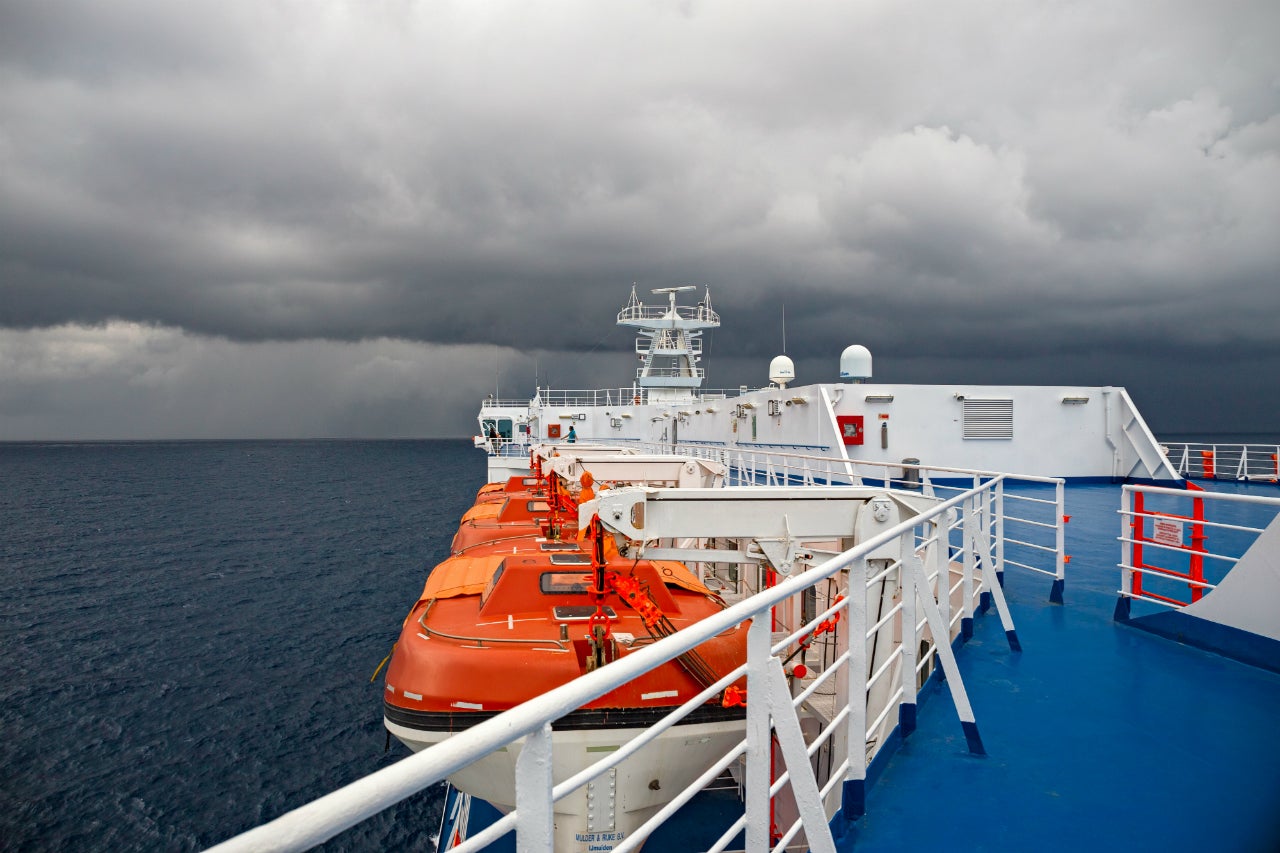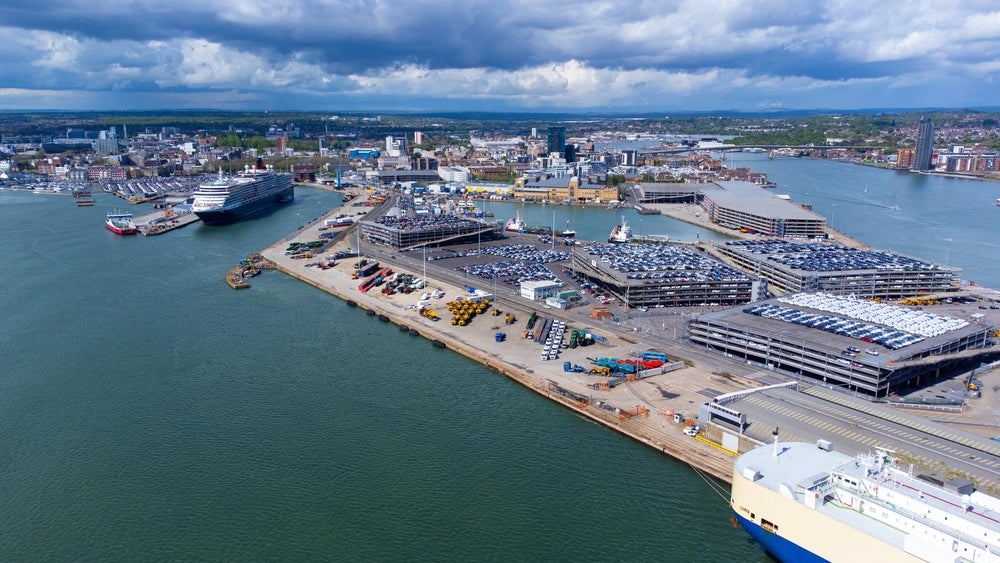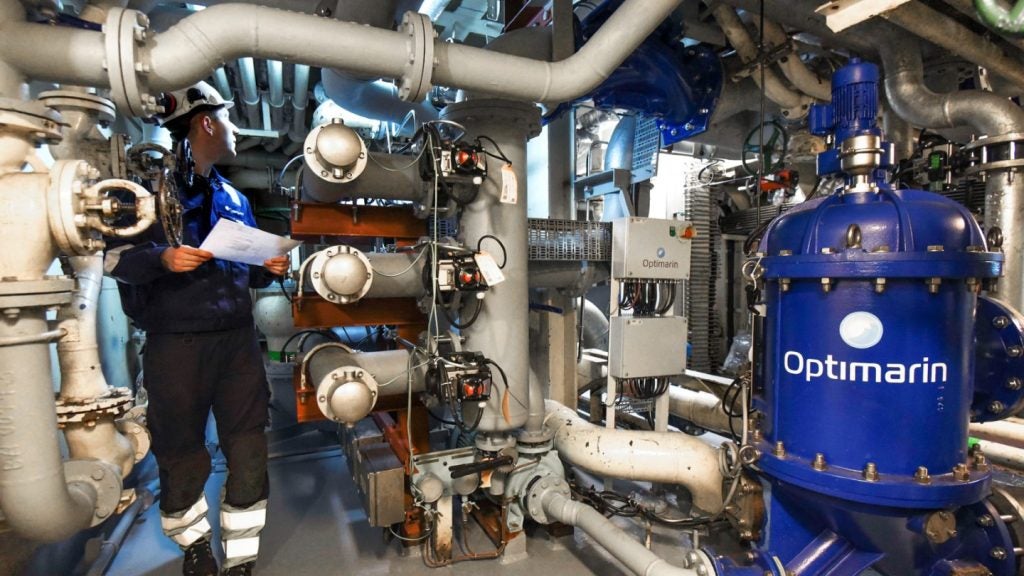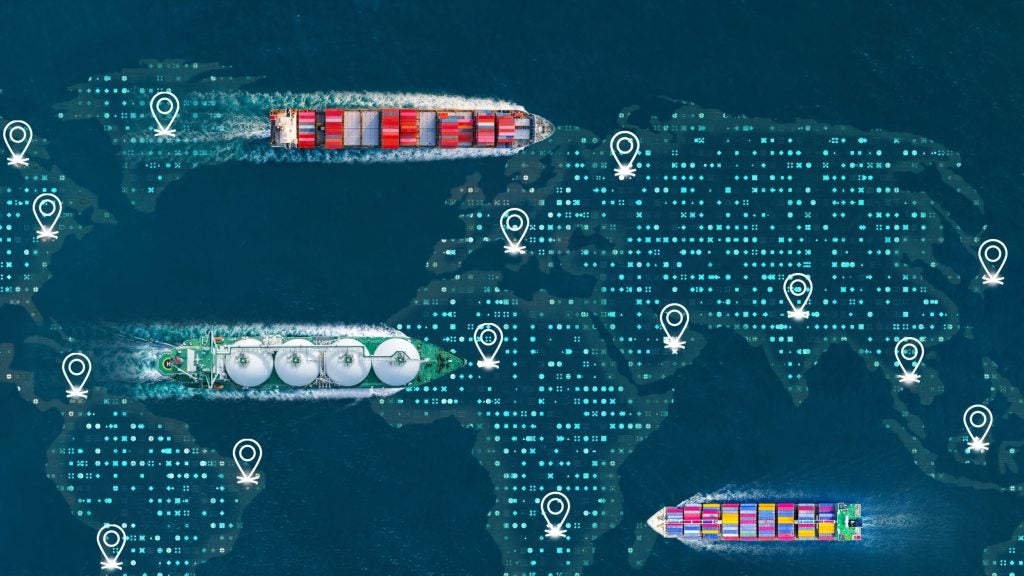
In collaboration with the research institute Fraunhofer ISE, Carnival Maritime, and battery supplier Corvus, DNV GL, a classification society to the maritime industry, has launched DDD-Batman, a new MarTERA-sponsored project to study marine battery health.
MarTERA, an EU Horizon 2020 cofound scheme, is aimed at expanding the European Research Area (ERA).
Many shipping segments are increasingly deploying battery systems onboard to improve efficiency and achieve emissions reductions.
The aim of the DDD-Batman project is to improve data-driven methods for prognostics and diagnostics of battery systems.
Based on real-time sensor measurements, it will provide methods for authenticating the battery state of health (SOH).
Moreover, continuous operational sensor data of the temperatures, voltages, discharge rates, and impedance behaviour can be used to forecast the battery’s degradation.
How well do you really know your competitors?
Access the most comprehensive Company Profiles on the market, powered by GlobalData. Save hours of research. Gain competitive edge.

Thank you!
Your download email will arrive shortly
Not ready to buy yet? Download a free sample
We are confident about the unique quality of our Company Profiles. However, we want you to make the most beneficial decision for your business, so we offer a free sample that you can download by submitting the below form
By GlobalDataDNV GL senior principal engineer Sverre Eriksen said: “At the moment, vessels that depend on a Li-ion battery system need an annual validation test of the battery’s SOH. At DNV GL we require an annual validation testing of a battery’s SoH for ships utilising Li-ion battery systems for propulsion or manoeuvring.
“This can be quite time consuming and has some limitations in the data we obtain. As batteries continue to penetrate the industry, we need to improve the data we have, especially as we see batteries in operation for longer periods. The DDD-Batman project could result in us having much better data on the health of a battery system, enabling predictive maintenance strategies and offering a better look at the remaining useful life of the battery.”
Carnival Maritime asset management vice-president Jens Kohlmann said: “The Costa group wants to take a further important step forward along the path to emission-neutral ship operations by installing innovative battery technology onboard.
“In conjunction with Corvus Energy, we are working on the use of lithium-ion battery storage systems on board the AIDA fleet. AIDAperla is to be fitted with a battery storage system with an output of ten megawatt-hours in what will be the largest system of its kind ever installed on a passenger ship.”
The project will primarily focus on battery systems for cruise ships, including battery lifetimes, life cycle assessments, replacement strategies, and shore connection procedures.
In a separate development, Abu Dhabi Ports has signed a memorandum of understanding (MoU) with DNV GL to accelerate the sustainable development of the maritime ecosystem.
According to the agreement, both entities will work closely for the economic development of Abu Dhabi’s maritime sector, through the deployment of latest innovations such as autonomous technology, artificial intelligence, machine learning, and electrification.







